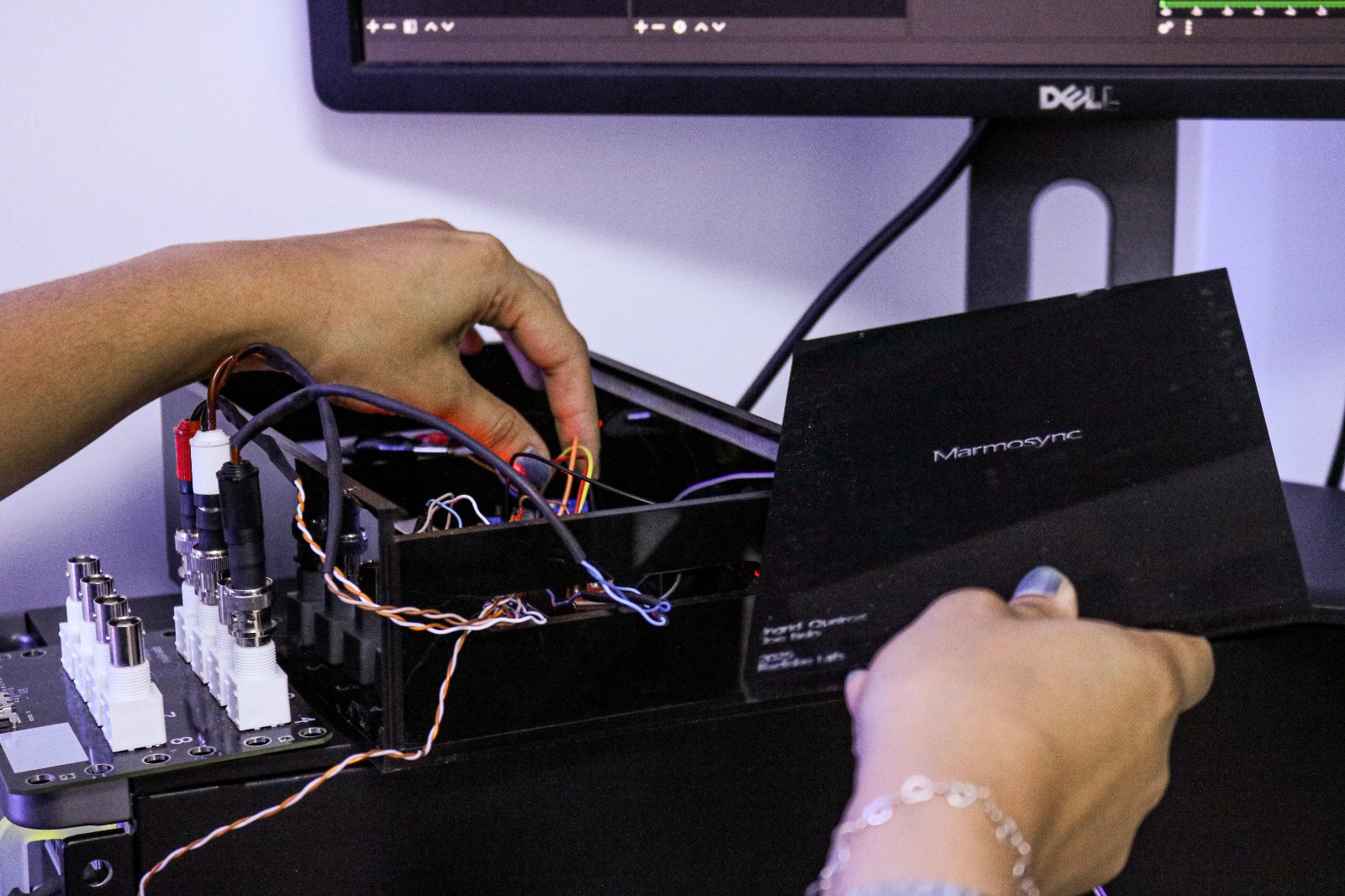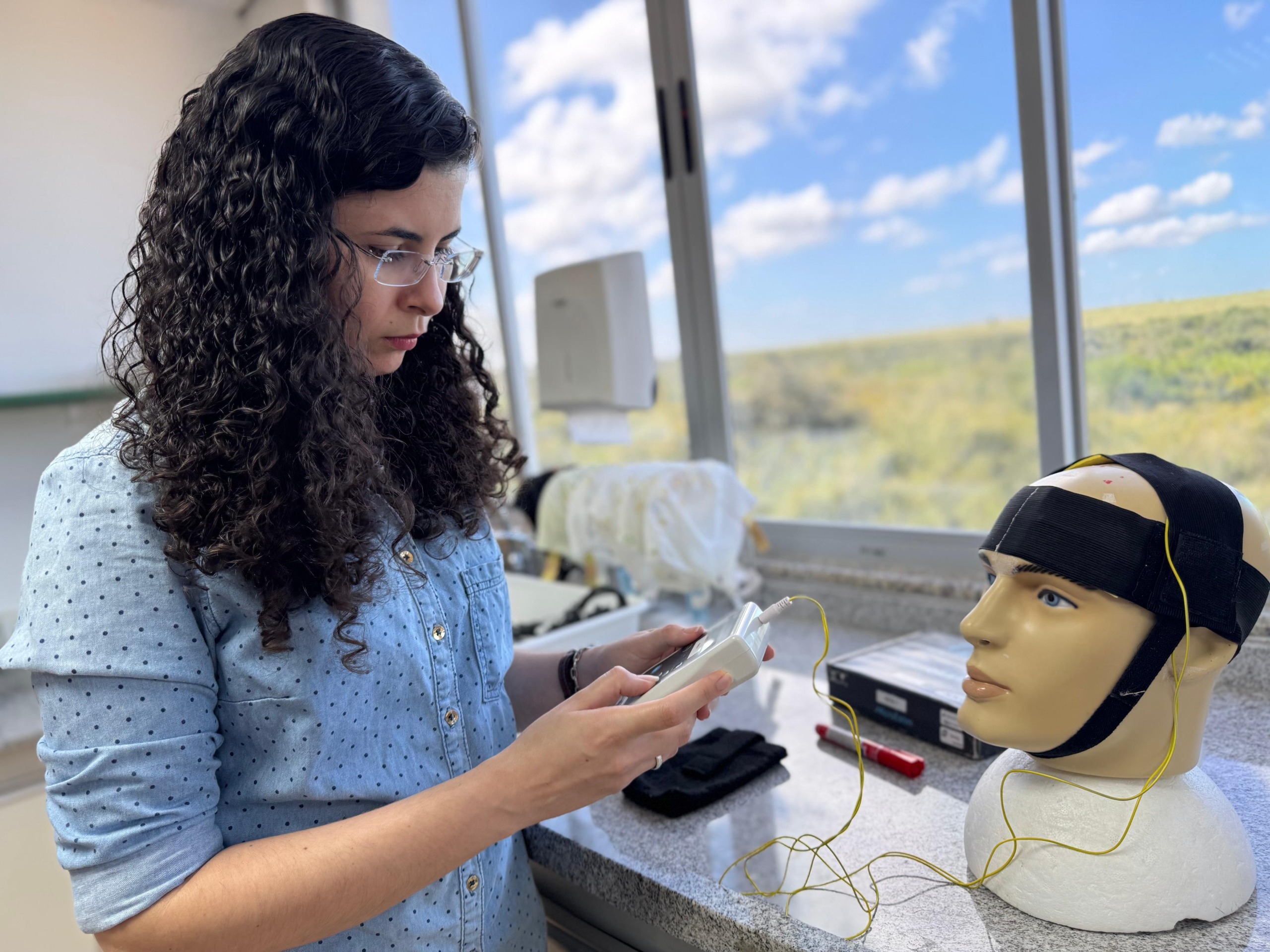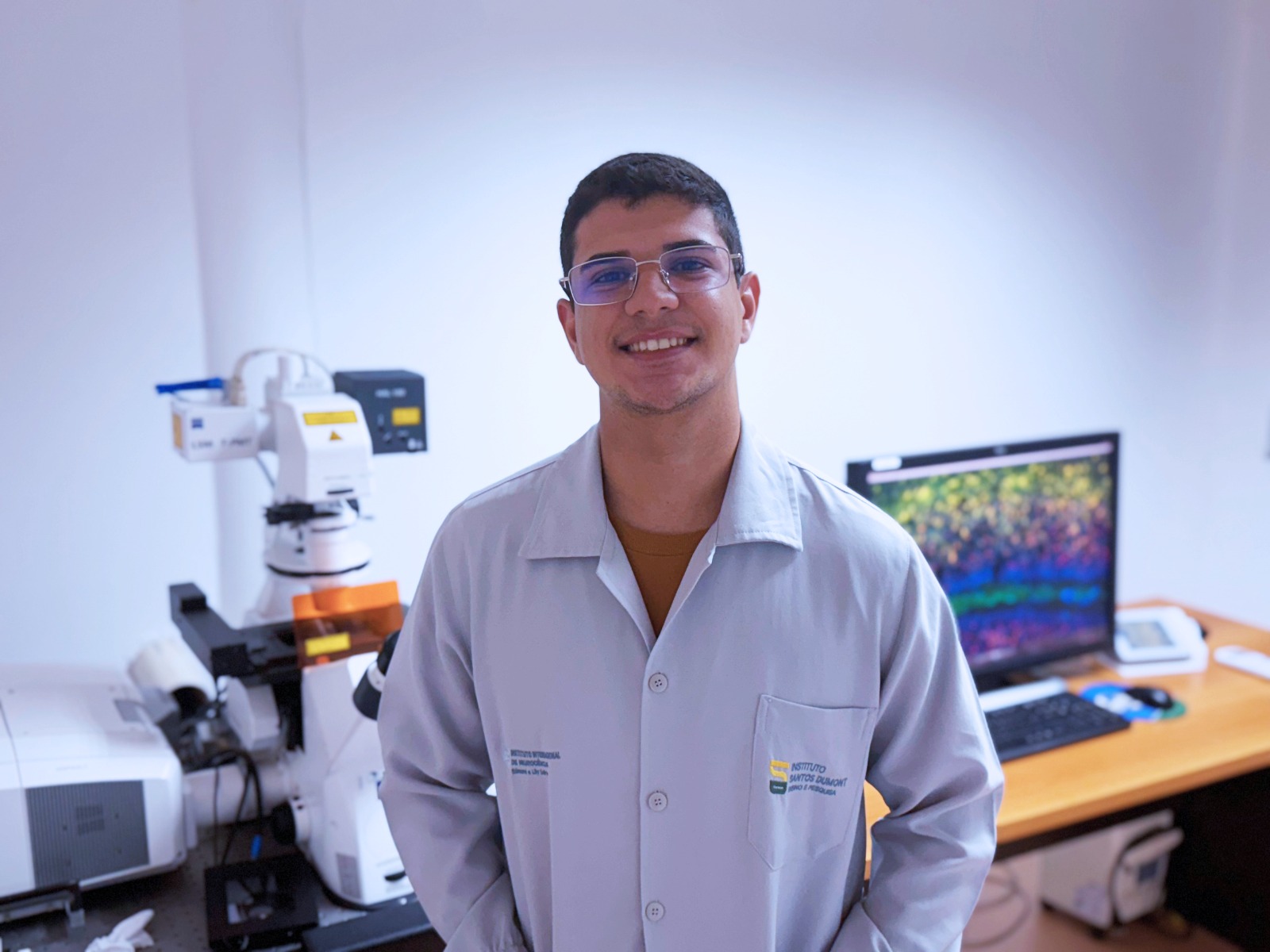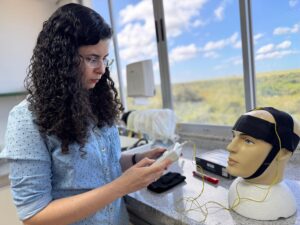With the objective of helping scientists who work with the study of animal behavior in the analysis of data obtained in their experiments, researchers from the Santos Dumont Institute (ISD) have developed a tool that allows, from the use of machine learning, to identify animal behavior and human data in an automated way, drastically reducing researchers' data analysis time and allowing people who are not necessarily familiar with the area of programming to obtain these analyzes more easily. The study, conducted by five ISD researchers who work at the Edmond and Lily Safra International Institute of Neurosciences (IIN-ELS), one of the institution's units located in Macaíba (RN), was published in the international scientific journal Frontiers in Neuroscience In may.
Named PyRAT, in allusion to the python programming language, which was used by researchers in the development of the library, the tool reaches the public in an open format, so that any researcher can use it in their studies to facilitate data analysis , but can also contribute to its constant improvement, adding new functions that may arise from needs identified in the experiments. From the videos of the experiments recorded by the researchers, PyRAT is able to identify different animal and human behaviors, and present them in an organized way.
“We have experiments that are around 20 to 30 minutes, but there are a lot of animals. So, for a person to watch the videos, see everything that is happening and even make notes about the behavior and only then go on to the analysis, the work could easily extend over a period of, say, 16 hours”, reports Túlio Almeida, physiotherapist and Master in Neuroengineering from ISD, who was part of the project. “What we did was create a tool from which the computer can do this for us”, he adds.
Due to the fact that Neuroscience and Neuroengineering are essentially multidisciplinary areas, through which various specialties such as Biological Sciences, Engineering and Health Sciences transit, the researchers saw the need to create the tool to facilitate the lives of those who are familiar with the experiments, but not necessarily have the programming knowledge that facilitates the analysis of the collected data.
A biomedical engineer graduated from the Federal University of Rio Grande do Norte (UFRN) and studying for a master's degree in Neuroengineering at ISD, Bruno Guedes Spinelli, who participated in the design of PyRAT, explains that there are already tools available for analyzing the behavior of animals from videos, however , they have some limitations. “We have two scenarios: there is open software, but it doesn't gather all the tools in one place, so it ends up being very diffuse and laborious for the researcher to go after each one. On the other hand, we have more complete tools, but they are paid and very closed, that is, they do not allow us to make some changes that are sometimes necessary when working with animal experimentation”, he says.
open access
PyRAT is an open access and free source library, which not only allows anyone to use it, but also enables constant collaboration between researchers from various parts of the world, who can help to improve it permanently. “It is very important that these open source and free access tools exist, because that is what will allow us to advance more and more in the improvement of these automated systems”, says Bruno Spinelli.
The full article was published under the title “PyRAT: An Open-Source Python Library for Animal Behavior Analysis”, and is available on the website from Frontiers in Neuroscience. To access it, Click here.
Text: Mariana Ceci / Ascom – ISD
Photograph: Playback / PyRAT
Video: Mariana Ceci / Ascom – ISD
Communication Office
comunicacao@isd.org.br
(84) 99416-1880
Santos Dumont Institute (ISD)
It is a Social Organization linked to the Ministry of Education (MEC) and includes the Edmond and Lily Safra International Institute of Neurosciences and the Anita Garibaldi Health Education and Research Center, both in Macaíba. ISD's mission is to promote education for life, forming citizens through integrated teaching, research and extension actions, in addition to contributing to a fairer and more humane transformation of Brazilian social reality.













